Govt issues revised norms for mutual legal assistance in criminal matters with other nations
Thu 09 Jan 2020, 10:18:27
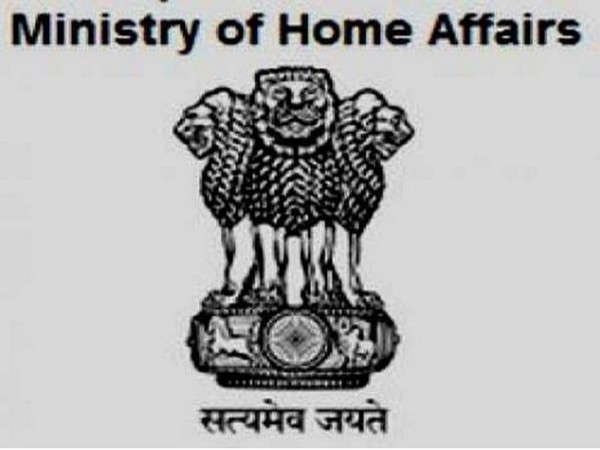
The Centre has issued revised guidelines for mutual legal assistance in criminal matters with other nations as part of the government's policy of zero tolerance for crime and its endeavour to fast track the dispensation of justice.
India has Mutual Legal Assistance Treaties, MLAT with 42 countries and is signatory to various International Conventions for cooperation in criminal matters. Home Ministry is the designated central authority for the country.
Under the MLAT, a country can request for obtaining evidence for criminal investigations and prosecutions. The evidence includes witness statements or the service of documents among others.
Home Ministry said, by incorporating various legal and technological
developments in recent years, it aims to make the documentation more compliant with international requirements. The revised guidelines provide step-by-step guidance to the investigation agencies for drafting and processing letters rogatory or mutual legal assistance requests and service of summons, notices and other judicial documents.
developments in recent years, it aims to make the documentation more compliant with international requirements. The revised guidelines provide step-by-step guidance to the investigation agencies for drafting and processing letters rogatory or mutual legal assistance requests and service of summons, notices and other judicial documents.
The guidelines have taken into account the concerns raised by various courts for prompt and timely responses in service of documents to person residing abroad. These revised guidelines have provision for service of documents to authorities of foreign country preferably within ten days of receipt of request in respect of offences committed against women and children.
No Comments For This Post, Be first to write a Comment.
Most viewed from National
Most viewed from World
AIMIM News
Delhi Assembly polls: Owaisi leads Padyatra in Okhla
Feb 01, 2025
We reject this Waqf Amendment Bill: Asaduddin Owaisi
Jan 30, 2025
Latest Urdu News
Most Viewed
May 26, 2020
Which team will win the ICC Men's Champions Trophy 2025 held in Pakistan/Dubai?
Latest Videos View All
Like Us
Home
About Us
Advertise With Us
All Polls
Epaper Archives
Privacy Policy
Contact Us
Download Etemaad App
© 2025 Etemaad Daily News, All Rights Reserved.

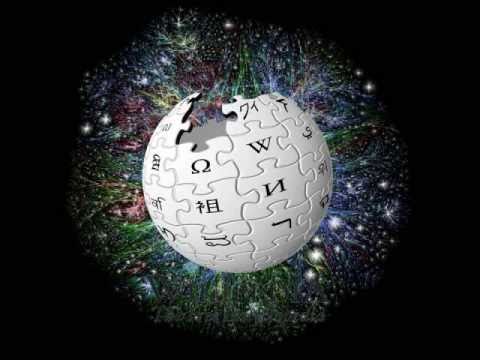
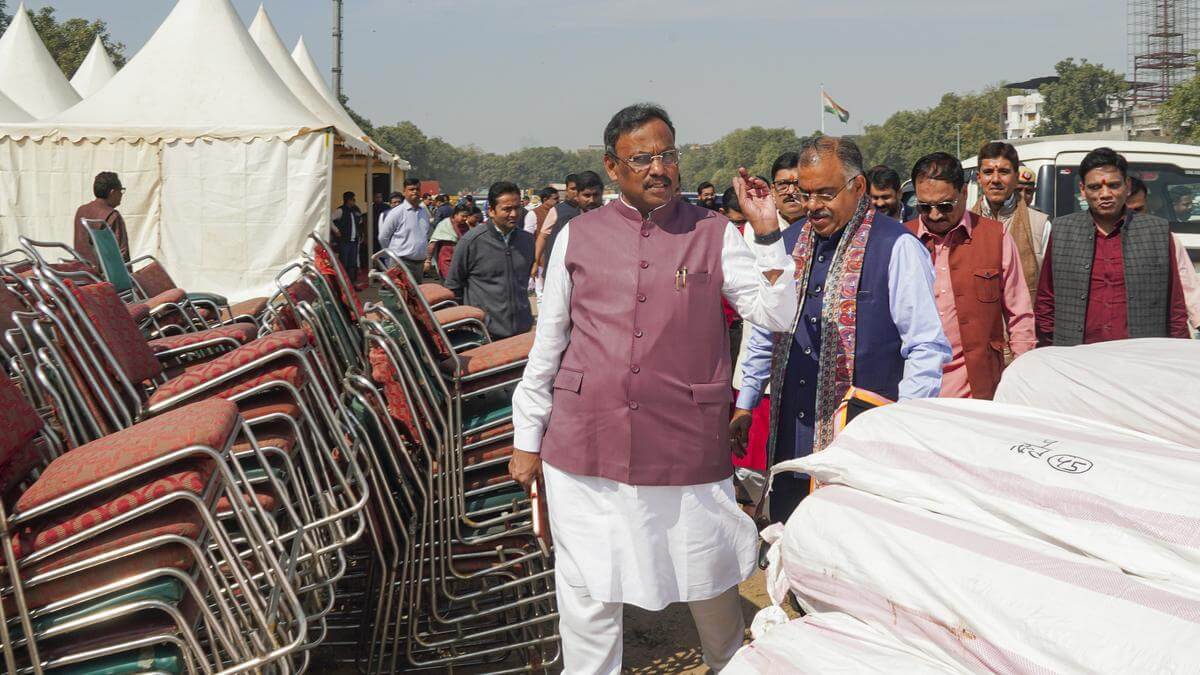
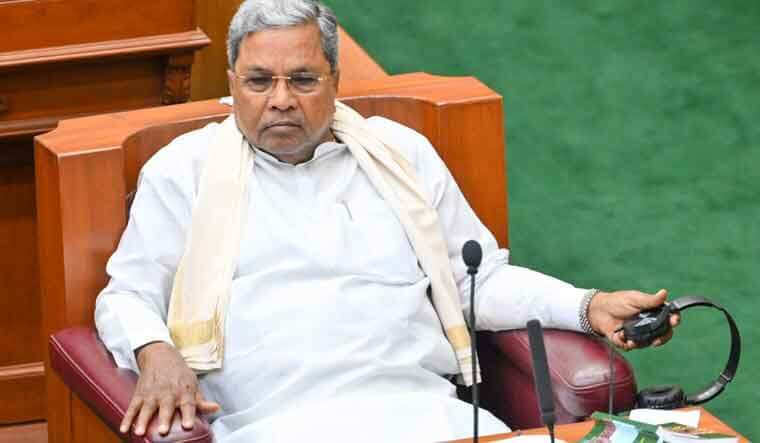
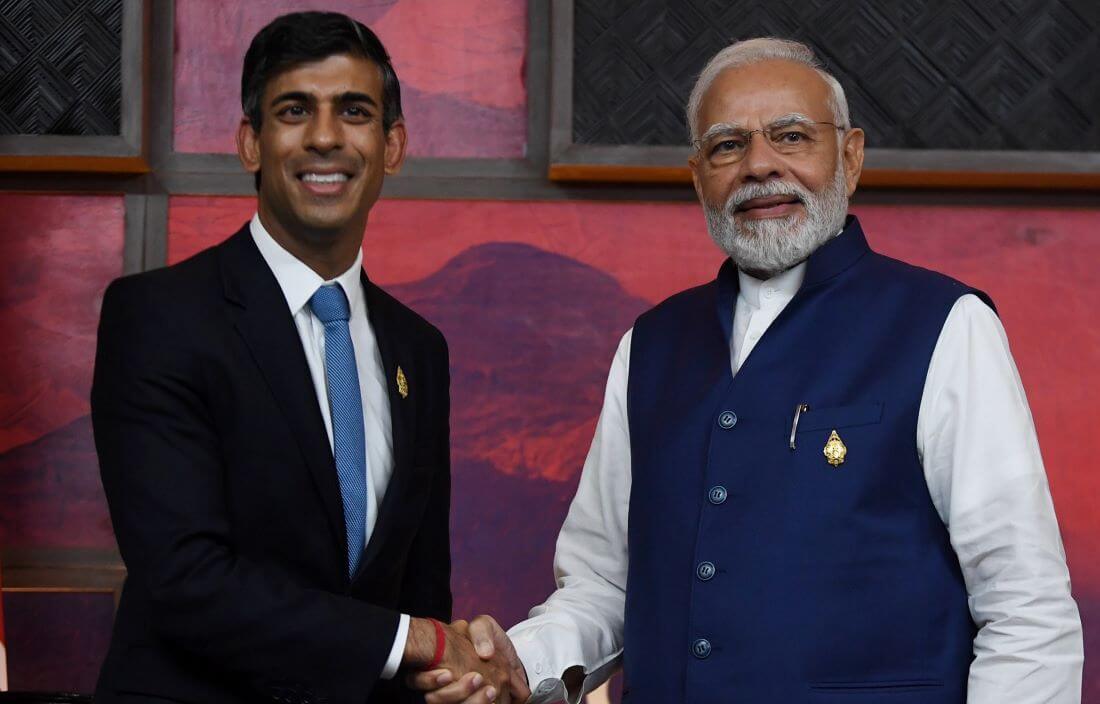
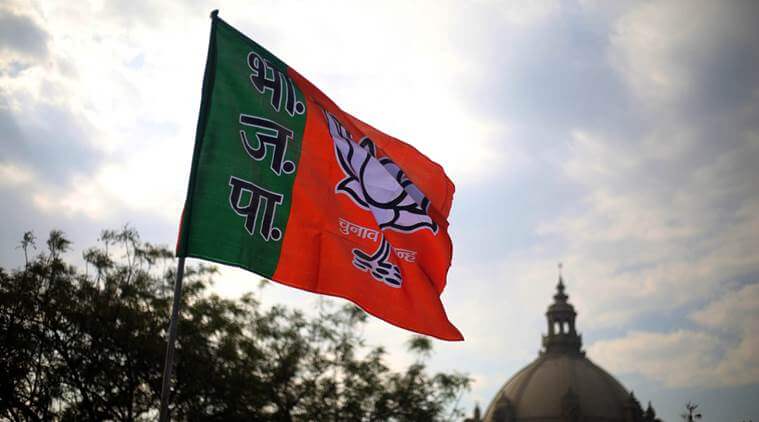
.jpg)
.jpg)
.jpg)
.jpg)
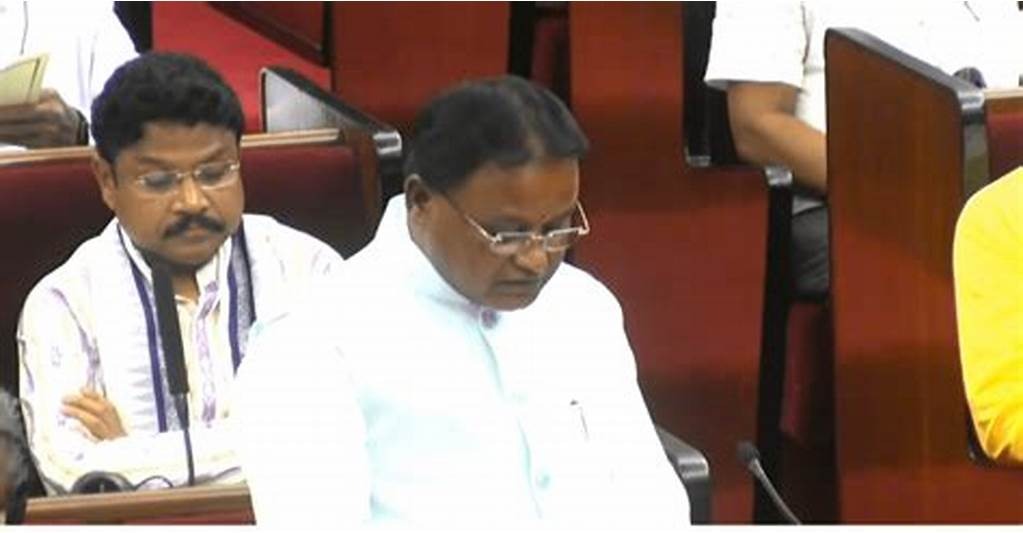
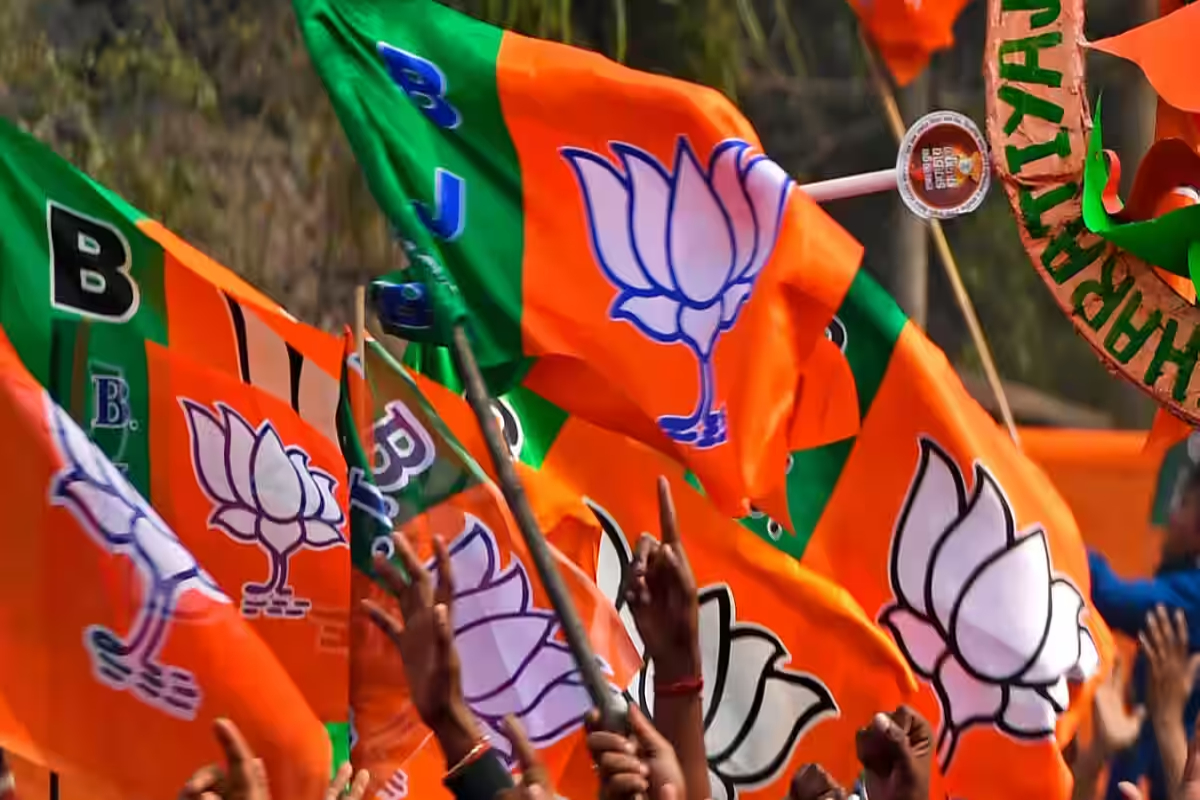
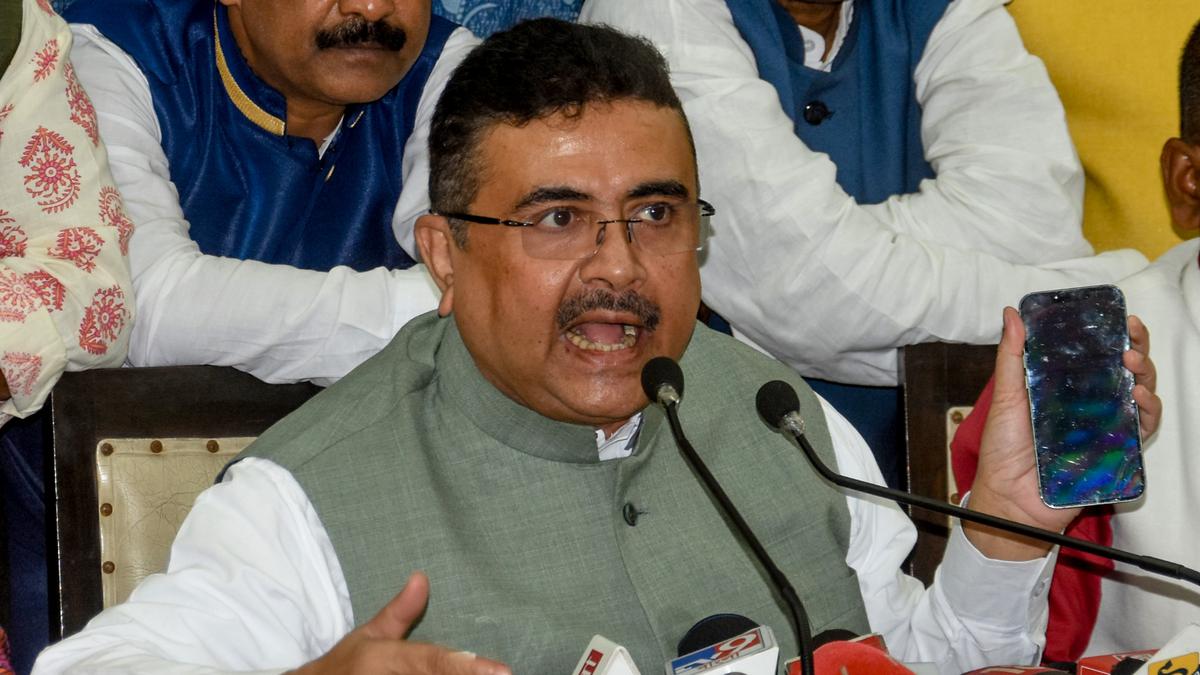
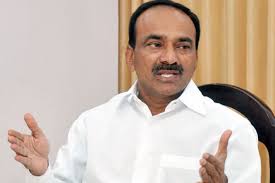
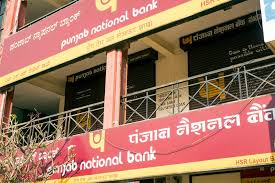
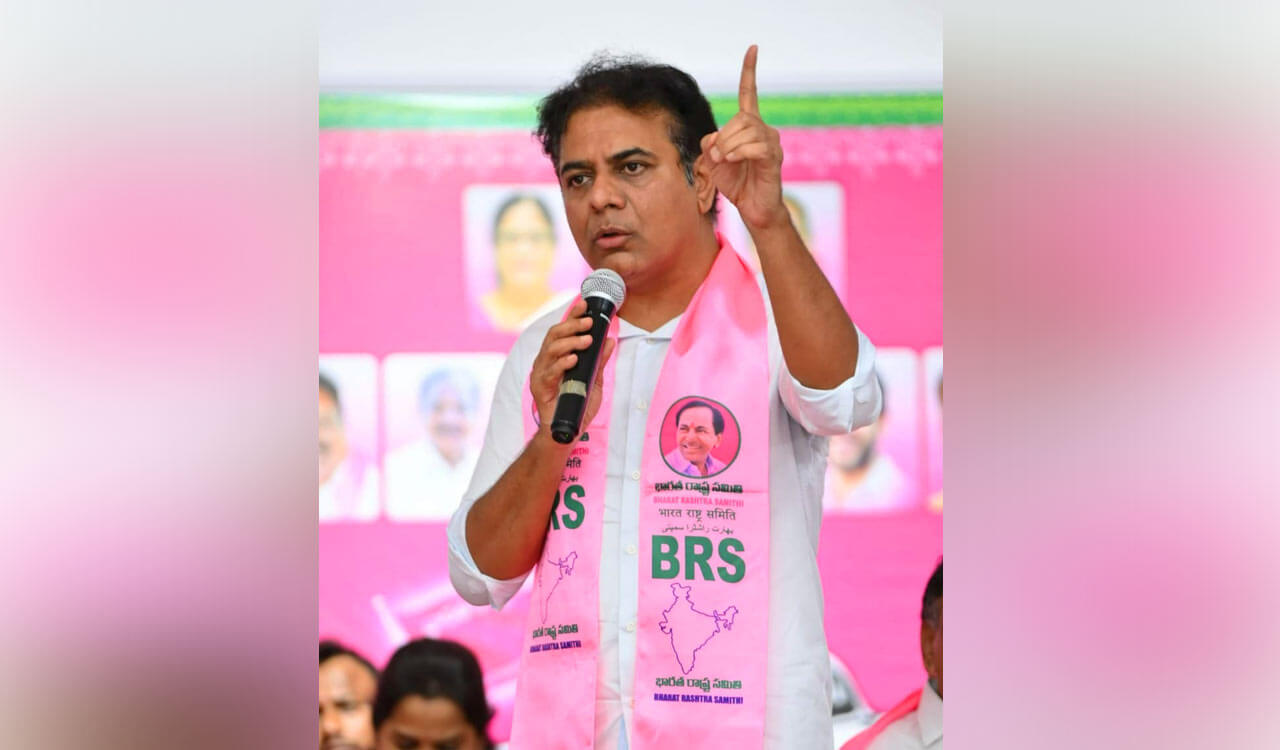
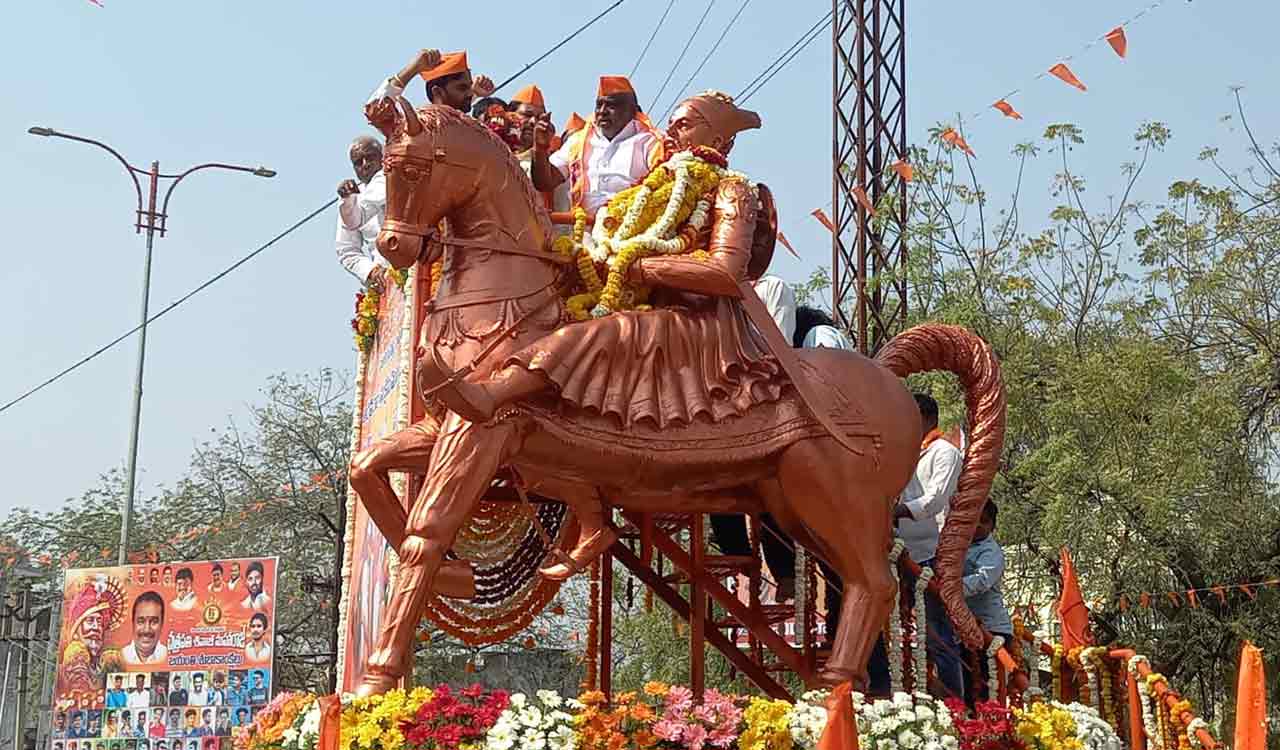
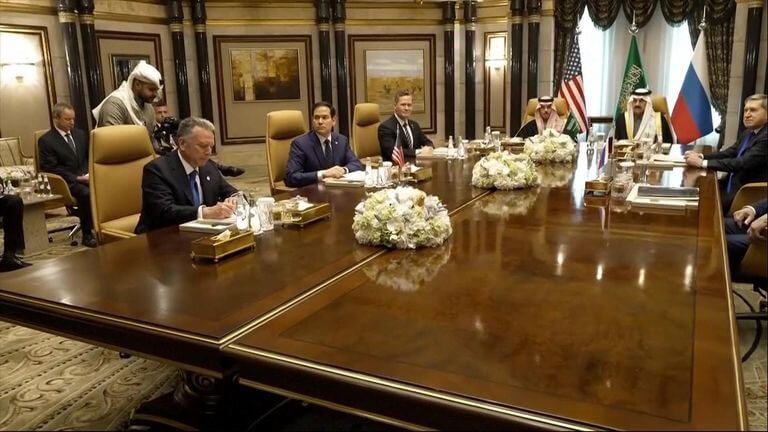
.jpg)
.jpg)
.jpg)
.jpg)
.jpg)
.jpg)
.jpg)

















